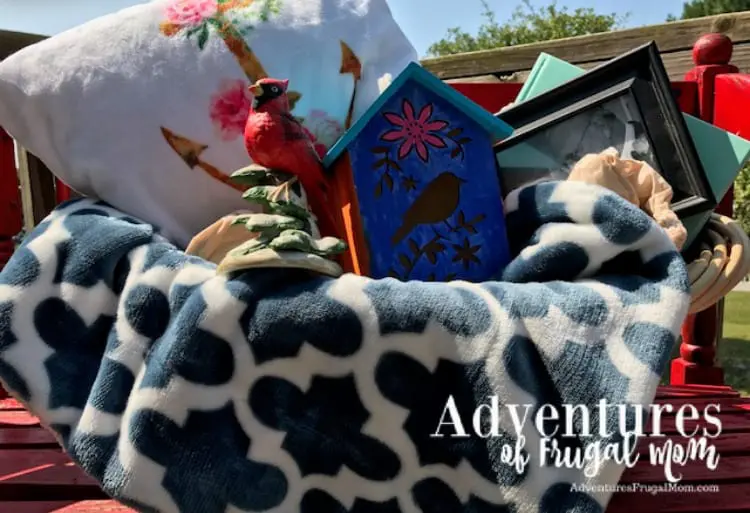An Emotional Toolbox: The Best Ways To Teach Your Children Responsibility

Source
We need to make sure our children get the best of everything in life, not in terms of worldly possessions, but in an emotional and psychological sense. We need to expose them to new and exciting adventures, but we also have to give them important life lessons that we might not have learned ourselves. Responsibility is something that everyone has their own opinion of. You might think your children are too young to be taught responsibility for something, but it’s a perfect way to encourage resilience and self-sufficiency. Our children need to hold themselves accountable if they do things wrong, much like we do if we make our own mess. So how can we do this in an effective way that doesn’t bombard them with unnecessary pressure?
Get A Pet
If you don’t have a pet already, it’s one of the perfect ways to encourage responsibility. Pets need care and attention, but they also need feeding. You don’t have to get a dog or something that’s so labor-intensive. Go for something more low-maintenance, like a hamster. Hamster stays in cages and doesn’t do much. Your children can help you look for the best cage for hamsters, and buy the necessary equipment with you. This can be very exciting, but also push the idea home that a pet is a responsibility. Getting a pet that is low-maintenance becomes a litmus test for your children’s skills in terms of responsibility. Once they can look after a hamster, you can start to think about bringing other pets into the household.
Giving Your Children Opportunities
Contribution, either in terms of society or just in the household, is a perfect way to help them be responsible in life. Your children will always contribute in some little way, and it’s about positively reinforcing that. Acknowledging the fact that they do something nice will increase their contributions incrementally. By giving them duties that they are responsible for, this gives them the opportunity to be more helpful. It’s not going to happen overnight, but give them one thing to do, and do your best to see they follow it through. Little tasks, like asking your toddler to put an item in the garbage, is enough.
Stop Forcing Them To Do Things That Are “For Their Own Good”
If you force them to do things or even think that giving them chores in the house is going to contribute to their sense of responsibility, it could very well have an adverse effect. And, let’s be fair, chores are things that nobody wants to do. Rather than forcing it, because it has to be done, think about making an activity fun. Yes, it is a cliché, but it’s important to make it fun for you as it is your child. If it’s something like putting dishes away, you can put the music on, make a game of it- just be creative. There are pleasures in doing the little things in life, and you might look back at the time when you and your child were putting dishes away, dancing around the kitchen, and how it helped to solidify a bond between the two of you. Don’t force, gently ease.
Let Them Be Responsible For Their Interactions (Rather Than You Nudging Them Along)
Forcing them to apologize for something can have an adverse effect. It’s better to let them think about the repercussions of what they’ve done, especially if they didn’t do it on purpose. Let them unveil their feelings so they can work out the emotions behind why they did something. For example, if they hit their sibling, try to get them to understand why they did it. Once they get a better idea of what made them snap, you can ask them what they can do to make the situation better. Perhaps they will want to apologize, but if they feel that this will cause them to lose face, they might want to make amends in other ways. Encourage them to be responsible for their interactions. Rather than you telling them what you think they should do, give them the choice. Once they have the choice to do what is right, responsibility soon follows.
Encourage Them To Keep A Schedule
Routine gives them the opportunity to manage themselves through difficult tasks. Routine is something that we all need as human beings. If they are things that they don’t want to do, by embedding a routine, these things become a learned habit. Something like a bedtime routine means that they need to tidy up the toys before going to bed. Learning basic life skills through the act of repetition gives them an in-built structure. From there, schedules, whether it’s things they create themselves, or one that you set, can help them to have balance.
Don’t Step In Right Away
It’s a hallmark of a protective parent, that you rush in. But does this teach your child anything? It only teaches them the lesson that you will be there to bail them out, which is something they will take with them throughout their lives. Instead, help them work through whatever they are going through, whether it’s an emotion or a difficult feeling. A lot of the time, we can avoid doing things because it’s difficult, but if we work through our problems, and come to a reasonable conclusion, this has benefits in a psychological manner. It’s easy enough to say this, but we have to do it as well. If we want to be our children to have responsibility we need to be a model of it ourselves. You need to keep promises to your child, but also remember that you are the foremost influence in their life. Following through on your promises, and ensuring that you set an example for the behavior that you’d like them to embody means that the whole household becomes a place of responsibility. If you are someone that doesn’t clean up after themselves, but do you expect your child to, it’s very much a “do as I say, not as I do” approach. This doesn’t teach anybody anything.
Responsibility is not about playing the blame game. We all fall foul of this on occasion. But if we start to teach our children the very basics of responsibility, whether it’s by getting a pet, giving our children opportunities, or encouraging a more substantial emotional toolbox, the child will learn to thrive.
Similar Posts:
- None Found








